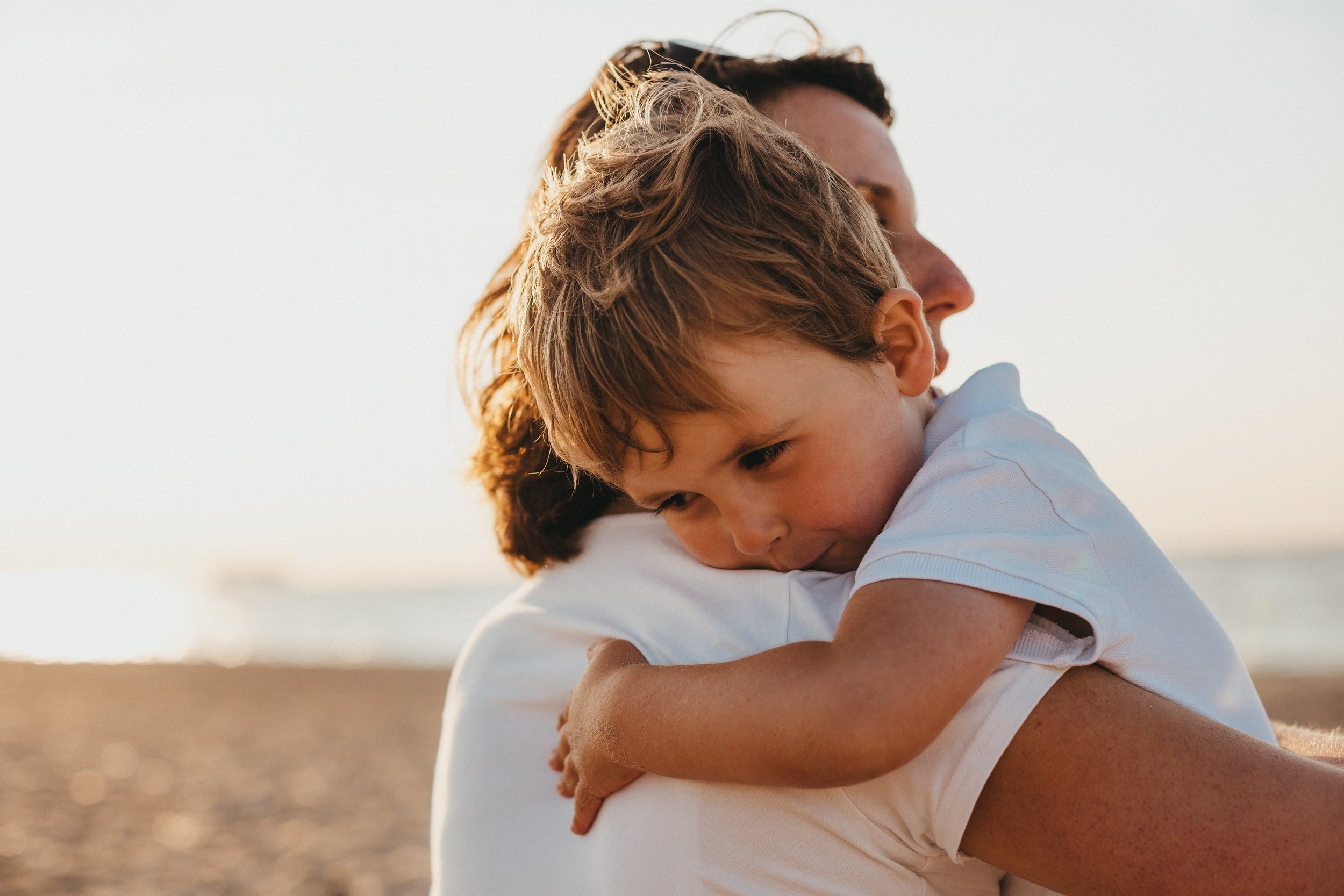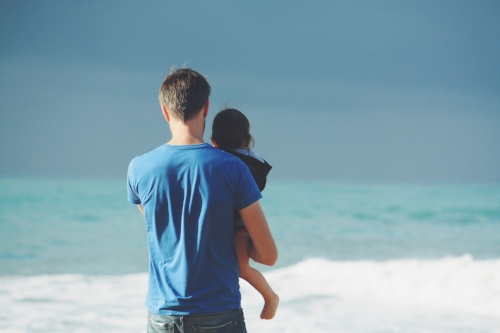The term “helicopter parent” is a style of parenting where the caregiver is over focused on their child. This leads to the parents taking on too much responsibility for their children’s experiences, successes, and failures. Moreover, it means being involved in a child’s life in a way that is excessively overcontrolling, overprotecting, and overperfecting.
Some signs you may be a helicopter parent:
-
You fight your child’s battles
-
You do their schoolwork
-
You coach their teachers/coaches
-
You keep your kids on a short leash
-
You always clean up after them
-
You overprotect them when they are playing outside
-
You can’t let them fail
Why do parents hover?
There are many reasons that helicopter parenting develops, but here are some commons triggers:
Fear of failure – Getting a low grade or not making the team may appear disastrous to a parent, especially if you feel it could have been avoided. Although it is hard to watch, allowing your children to experience some struggle is not life-threatening, but actually a great teaching and growing moment.
Anxiety – Worrying about the world in general can push parents towards taking more control over their child’s life in attempts to protect them. There is a comfort in thinking that, as a parent, you can keep your child from ever being hurt or disappointed.
Overcompensation – When adults have a history of feeling unloved, neglected, or ignored, they tend to overcompensate with their children. Excessive attention and monitoring are attempts to remedy the deficiency that they felt in their own upbringing.
Peer pressure – When parents see other over-involved parents, it can trigger a similar response. Parents can be made to feel that if they don’t immerse themselves in their children’s lives, they are bad parents. Guilt plays a big part of this dynamic.
What are possible consequences of helicopter parenting?
Helicopter parenting does have many benefits, such as increasing feelings of love, acceptance, and guidance. It can also leave your child in a position where they where they cannot learn to make decisions and handle stress on their own. Some effects of helicopter parenting include:
Decreased confidence and self-esteem – Helicopter parenting can backfire when the child begins to feel that their parent does not trust them to do things on their own. This can lead to a lack of confidence.
Undeveloped coping skills – If a parent is always there to fix a situation or prevent a problem from happening, the child does not learn how to cope with loss, disappointment, or failure. This can lead them to feeling less competent.
Increased anxiety – Over-parenting is usually associated with higher levels of child anxiety and depression.
Sense of entitlement – Children who are used to having everything adjusted for them by their parents have a hard time when others don’t do the same. They can become accustomed to always having their way, which can lead to a sense of entitlement.
Undeveloped life skills – Parents who always do things for their child who are mentally and physically capable of completing the task themselves prevent their children from learning and mastering different skills.
How to avoid being a helicopter parent
Parenting is one of the toughest jobs out there and it is never easy navigating between loving and caring for your children without inhibiting their ability to learn life skills. In the end, your child will benefit from some stressors and struggle. Let them be disappointed and help them to work through failures. It means letting your child do tasks that they are physically and mentally capable of doing. Remember – making your 2 year old’s bed is not hovering, but making your 12 year old’s bed is. Look for opportunities to take one step back from solving your child’s problems so they can become reliant and self-confident.

